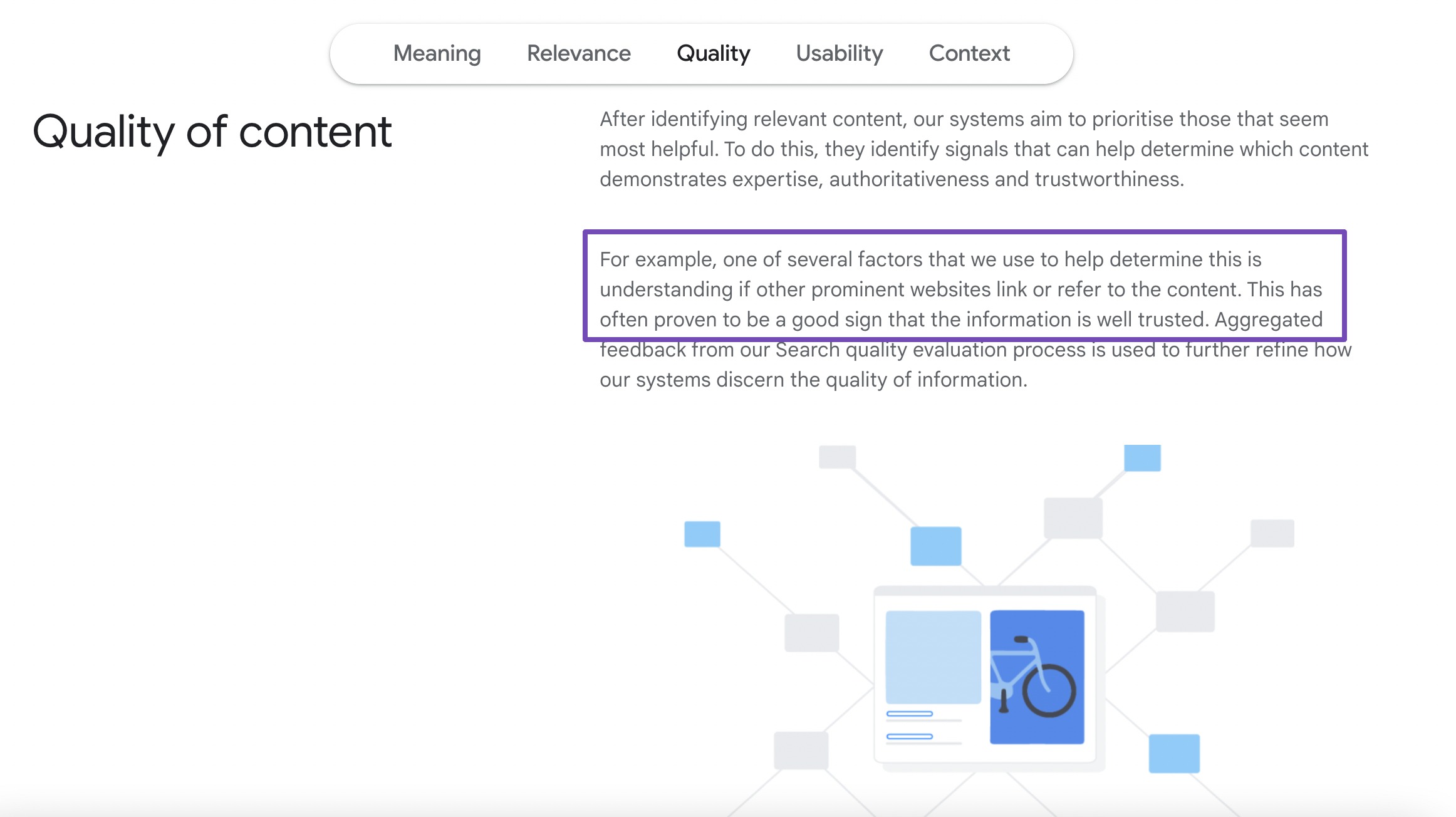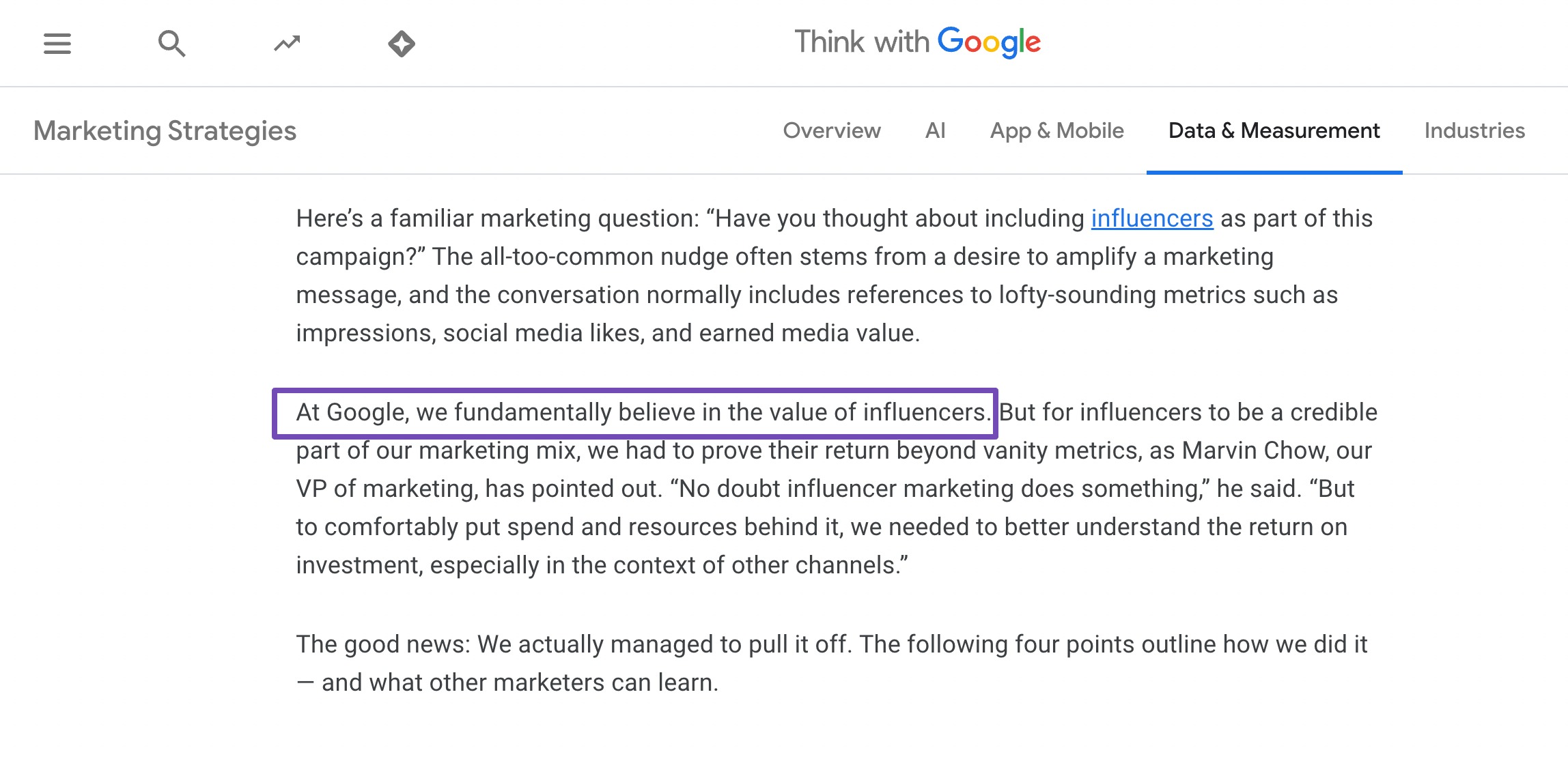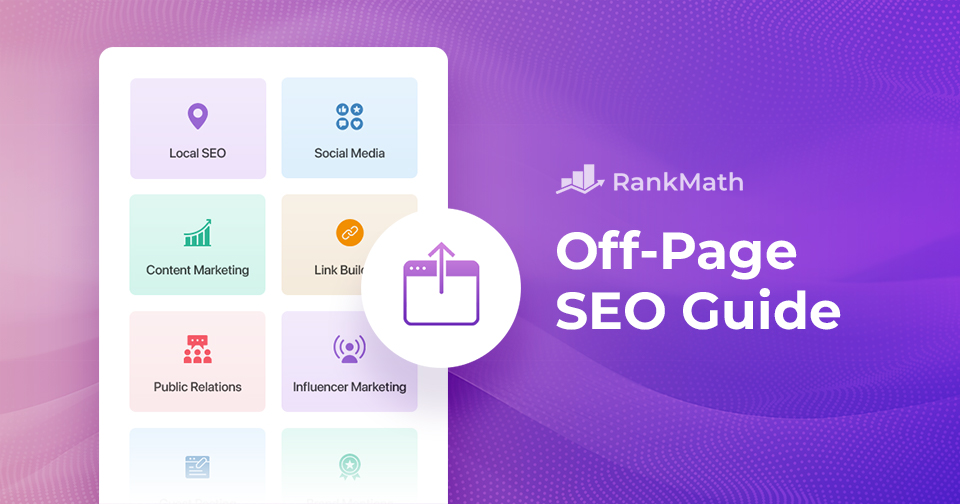Mastering off-page SEO is one of the most effective ways to boost your website’s visibility and authority beyond what happens on your own pages.
While on-page SEO focuses on optimizing content and structure within your site, off-page SEO helps search engines understand how the rest of the web perceives your website.
In this post, you’ll explore the core elements of off-page SEO, from building high-quality backlinks and enhancing your online reputation to leveraging social signals and brand mentions. You’ll learn how each strategy contributes to improving your site’s credibility and rankings.
So, without any further ado, let’s get started.
Table Of Contents
1 Understanding Off-Page SEO
Off-page SEO focuses on everything that influences your website’s reputation and authority beyond your own domain. It’s what helps search engines, and users, recognize your site as credible, trustworthy, and valuable.
1.1 The Role of Off-Page SEO in SEO Strategy
Off-page SEO is all about building trust and credibility for your website beyond its own pages.
It is the part that tells search engines, “Hey, other people vouch for this website!”.
When reputable websites link to your pages, share your content, or mention your brand positively, it signals that your site offers expertise, authority, and reliability, the core elements of Google’s E-E-A-T framework (Experience, Expertise, Authoritativeness, and Trustworthiness).
The stronger your reputation and the more quality signals your website earns, the better your chances of ranking higher in search results.
1.2 How Off-Page SEO Differs From On-Page SEO
On-page SEO is about optimizing what’s within your control: your content, meta tags, and site structure. Off-page SEO, on the other hand, is about optimizing your site and influencing your rankings on other webpages other than yours. It involves techniques such as backlinks, guest posting, and brand mentions.
Think of it this way: on-page SEO makes your website look its best, while off-page SEO helps visitors (and search engines) recognize it as one worth visiting. It’s the difference between setting up a great shop and having your community recommend it as the best in town.
2 How to Perform Off-Page SEO
Now that you understand the difference between on-page and off-page SEO, it’s time to learn how to put off-page SEO into action.
2.1 Link Building
Link building is one of the most important aspects of off-page SEO. Backlinks, also known as inbound or incoming links, are links from other websites that point to yours. When reputable sites link to your content, search engines see your website as trustworthy and valuable.
According to Google, websites with more high-quality backlinks are often considered more authoritative, which can help improve their search rankings. However, it’s not just about collecting as many links as possible; quality matters more than quantity.

High-quality backlinks come from credible, relevant websites in your niche, while low-quality ones from spammy or unrelated sources can hurt your rankings.
To earn backlinks naturally, focus on creating valuable and shareable content. When your content provides genuine insights or solves problems, other websites will want to link to it.
You can also build backlinks through:
- Outreach and networking with other website owners in your industry.
- Guest posting on trusted websites to share your expertise and earn links.
You can refer to our post on simple link-building methods to naturally earn links for your website.

To track your backlinks, use tools like Ahrefs, Moz, or Semrush. These tools help you monitor backlink quality, find new opportunities, and analyze your competitors’ strategies.
Quick Actionable Tips for Link Building:
- Quality Over Quantity: Prioritize acquiring high-quality backlinks from reputable and relevant websites.
- Competitor Backlink Analysis: Analyze the backlink profiles of your competitors using SEO tools. Identify opportunities to obtain backlinks from websites that link to your competitors.
- Broken Link Building: Find broken links on websites within your niche, then reach out to the site owners to suggest replacing the broken link with a link to your relevant, high-quality content.
2.2 Build a Social Media Presence
Building a strong social media presence is an essential part of off-page SEO. Social signals, such as likes, shares, comments, and retweets, show how users engage with your content across platforms. These interactions help search engines understand your brand’s popularity and relevance.
So, how does social media influence SEO?
When your content gets shared and engaged with on platforms like Facebook, X (Twitter), LinkedIn, or Instagram, it increases visibility and drives traffic to your website. Search engines view content with higher engagement as more valuable, which can indirectly improve your rankings.

To make the most of social media, focus on the platforms that best align with your target audience. Encourage engagement by asking questions, running polls or contests, and inviting followers to share their opinions.
Consistent posting and timing your content for when your audience is most active can significantly boost interaction.
Using Rank Math, you can optimize your content for sharing on social media platforms, improving its visibility and engagement on these networks.
Quick Actionable Tips for Social Media Presence:
- Consistent Posting Schedule: Create a regular posting schedule to keep your social media profiles active.
- Engage with Your Audience: Actively respond to comments, messages, and mentions on your social media platforms.
- Visual Content: Create visually appealing and shareable content to capture your audience’s attention.
- Collaborate and Cross-Promote: Partner with influencers or complementary businesses in your industry for co-promotion. Sharing each other’s content can expand your reach to new audiences.
2.3 Content Marketing
Even the best content needs a push to reach a broader audience.
Content marketing plays an important role in off-page SEO by helping you create and distribute content that attracts attention, earns backlinks, and reaches new audiences. Even the best content needs promotion to make an impact.
In fact, research from the Content Marketing Institute shows that 71% of marketers believe content marketing has become more important in the past year, proving its growing influence in building brand visibility and authority.
To make your content work for off-page SEO, focus on creating material that is shareable, link-worthy, and easy to distribute. Combine valuable insights with effective promotion to maximize reach and engagement.
Effective content promotion and distribution strategies are essential. We’ve listed a few techniques for content marketing:
- Social Media: Share your content across relevant social media platforms, creating a buzz and encouraging sharing.
- Email Marketing: Send your content to your email subscribers, making it easy for them to share with their networks.
- Content Syndication: Publish your content on reputable platforms in your niche with proper canonical tags to avoid duplicate content issues.
- Repurposing: Transform your content into various formats (e.g., podcasts, webinars, slideshows) to reach different audiences.
Guest posting remains one of the most effective off-page SEO techniques; nearly 44% of bloggers use guest posts to expand their reach.
By contributing valuable articles to reputable websites in your niche, you not only gain backlinks but also connect with new audiences. Always choose hosts with good reputations and relevant audiences.
Quick Actionable Tips for Content Marketing:
- Create Shareable Content: Develop content that is not only informative but also highly shareable, that resonates with your target audience.
- Promote Your Content: Share your content across relevant social media platforms, forums, and industry-specific communities.
- Guest Posting: Ensure your content is valuable, well-researched, and aligned with the host website’s audience.
- Repurpose Content: Transform your content into different formats, such as videos, podcasts, infographics, or webinars. Repurposing allows you to cater to different audience preferences and extend your content’s reach.
2.4 Influencer Marketing and Outreach
Influencer marketing and outreach are powerful off-page SEO strategies that help you build credibility, boost visibility, and earn quality backlinks. By collaborating with trusted voices in your industry, you can reach new audiences and strengthen your brand’s online presence.
Influencer Marketing
To get started, identify influencers who genuinely connect with your target audience. Look for individuals with strong followings on platforms like YouTube, Instagram, LinkedIn, or industry blogs.
Focus on those whose content style and values align with your brand; authenticity matters more than follower count.

Google also recognizes the growing importance of influencer marketing, highlighting how authentic collaborations can improve brand visibility and engagement.
When selecting influencers, prioritize relevance, trustworthiness, and audience engagement over sheer popularity. The right partnerships help you earn mentions, shares, and links that signal authority to search engines.
Outreach
Once you’ve identified potential influencers, it’s time to connect with them through effective outreach. Personalised, value-driven communication is key.
Create your outreach messages with care:
- Be personal: Mention specific work or achievements by the influencer to show genuine interest.
- Be clear: Explain what you’re offering and how the collaboration benefits both sides.
- Be concise: Influencers are busy, so keep your message short, clear, and easy to respond to.
Honest and thoughtful outreach lays the groundwork for lasting partnerships that benefit your brand and the influencers you collaborate with.
Quick Actionable Tips for Influencer Marketing and Outreach:
- Identify the Right Influencers: Research and identify influencers in your niche who genuinely connect with your target audience. Look for those who align with your brand values and can add authenticity to your outreach.
- Personalised Outreach: Craft personalised and compelling outreach messages. Tailor your pitch to explain the benefits of collaboration clearly.
- Measure and Analyze: After collaborating with influencers, track the impact of your campaigns. Analyze metrics such as website traffic, social media engagement, and conversions to assess the effectiveness of your influencer marketing efforts.
2.5 Local SEO
Local SEO helps you improve your business’s visibility in local search results and attract nearby customers. As part of your off-page SEO strategy, it focuses on building trust, relevance, and credibility within your community.

Optimizing Google Business Profile and Other Local Listings
Your Google Business Profile (GBP) is one of the most effective tools for boosting local SEO performance. To make the most of it:
- Add complete and accurate information, including your address, phone number, website, and business hours.
- Upload clear, high-quality images that represent your business well.
- Regularly post updates, promotions, and events to keep your profile active.
- Encourage customers to leave reviews and respond to them promptly.
- Keep your NAP (Name, Address, Phone number) consistent across all listings and directories.
Building Local Citations and Reviews
Citations, mentions of your business name, address, and phone number, are essential for establishing local authority. List your business on reputable local directories like Yelp, Yellow Pages, and industry-specific platforms to boost credibility.
Customer reviews are equally important. Encourage satisfied customers to share their experiences on your GBP and other review sites. Always respond, thank customers for positive feedback, and address concerns politely when reviews are negative. This shows that you value customer satisfaction and helps strengthen your local reputation.
Quick Actionable Tips for Local SEO:
- Optimize Google Business Profile: Ensure your Google Business Profile (GBP) is complete and accurate.
- Local Keywords: Include location-specific keywords in your website content, meta tags, and descriptions. This helps search engines understand your geographic relevance and improves your chances of appearing in local search results.
- Online Reviews: Encourage customers to leave reviews on platforms like Google, Yelp, and Facebook. Respond to reviews, both positive and negative, to show your commitment to customer satisfaction.
- Local Citations: Ensure your business information (Name, Address, Phone number) is consistent across all online directories and local listings.
3 Frequently Asked Questions
Is off-page SEO a one-time effort or an ongoing process?
Off-page SEO is an ongoing process. Building and maintaining a strong online presence, acquiring backlinks, and engaging with your audience should be a continuous effort to maintain and improve your search engine rankings.
What are the risks involved in off-page SEO?
Risks include acquiring low-quality backlinks, which can harm your website’s reputation and rankings. Over-optimized anchor text and spammy tactics can lead to penalties from search engines.
How can I measure the effectiveness of my off-page SEO efforts?
You can measure off-page SEO effectiveness by tracking metrics like website traffic, keyword rankings, the quantity and quality of backlinks, and social media engagement.
4 Conclusion
Off-page SEO is your key to building lasting visibility and credibility online. It’s more than just link-building; it’s about earning trust, authority, and relevance in the eyes of both search engines and your audience.
By creating valuable content, forming genuine connections, and staying active in your online community, you can strengthen your brand’s reputation and climb higher in search rankings.
So, what’s the next step?
The journey continues.
Start applying the insights from this post today. Engage with your audience, collaborate with other creators, and create shareable content that amplifies your reach.
If you like this post, let us know by tweeting @rankmathseo.
